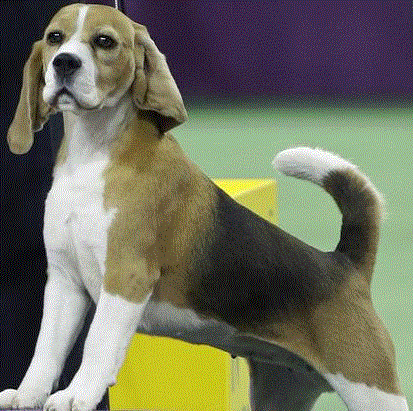 |
| Dougie Sal: Earthling |
It's really the only logical explanation.
After that - maybe the aliens got a memo from the mother ship - fewer and fewer people were willing to tweet or post they saw white and gold. So, today, it is much harder to tell who is space alien or not. Space aliens, as we all know, are very smart.
Now, here on the blog we are not going to solve these space alien issues. Some are friends so I hope they are not exported; even if they have to live in camps with leg monitors, at least they are around and we can visit. But, regardless, I'll let smart people like the United Nations or George Clooney figure it out.
But I can do a service to everyone in horse racing land: Here is a sure-fire, foolproof, impossible to fool way to figure out if your horse racing friend is an earthling, or from outer space.
 |
| CDI board meeting |
Takeout Hikes - Ask someone about takeout hikes. If he or she is for them, there's a good chance you're having a close encounter of the third kind. As I proved last year during the Churchill Downs takeout hike, CDI executives are, in fact, space aliens. As an aside, revenue from the hike last year at Churchill, outside Derby week, was down. Tracks run by non-space aliens take heed!
Do they congregate at DRF Live? - For this one I have done the work for you. I began looking into this some time ago because this "DRF Live" place that they meet felt like some sort of secret spot they go to talk about earth domination - like the free masons, but instead of talking free mason stuff, they talk about Delta Downs. I like a lot of the DRF guys and gals, but if we are being honest, they are (with 98 or 99% certainty) all from another planet.
Best Horse Racing Movie - Ask someone what they think was the best horse racing movie ever made. If they don't answer Phar Lap, they are clearly not from terra firma.
 |
| ..... and space alien. |
Anyone who has been on the America's Best Racing Live Bus - This one is simple. If anyone has entered the bus, they are beamed to the mother ship, turned into a space alien, and their memory is wiped. I am hearing stories that pro-lasix people come off the bus anti-lasix, because horses on the planet Zoltar do not use the diuretic. I am also hearing this goes higher than just the bus. There are rumors ABR parent the Jockey Club will be buying the Bloodhorse, to further their space alien message. Watch for it.
TimeformUS users - If you are at the track and see a dude on his iPad reading a TimeformUS past performance, check his drink. That's not diet coke, it's space juice. Anyone doing new things in horse racing is from another world. Some of the people at TimeformUS sound ok (outside the guy who likes bands like Husker Du). One even talks about the Oklahoma Thunder on twitter like he was born here. But don't be fooled.
E-Nicks Users - Enicks (get the app here!) is a great product. Sid Fernando is involved which is good, but I believe Sid is from outer space. Remember that big storm forecast for New York a few weeks ago that only turned out to be a dusting? While people were hunkering down the night of it, Sid was posting pictures on twitter of him eating in a Turkish restaurant in Brooklyn. Space aliens can forecast the weather better than we earthlings. He knew. Use the app, enjoy the app, it might bring you a Kentucky Derby winner, but remember: You are supporting a probable invasion of earth.
We're obviously at a critical point in world history. We've been attacked by ice ages, meteors, Al Sharpton, but never have we been in such peril. In my one small way, I hope we've helped identify the enemy in our slice of the world. Losing this battle will almost - not quite but almost - be worse for us than losing slot machines.
Have a good day fellow earthings and enjoy the weekend, if you can.






